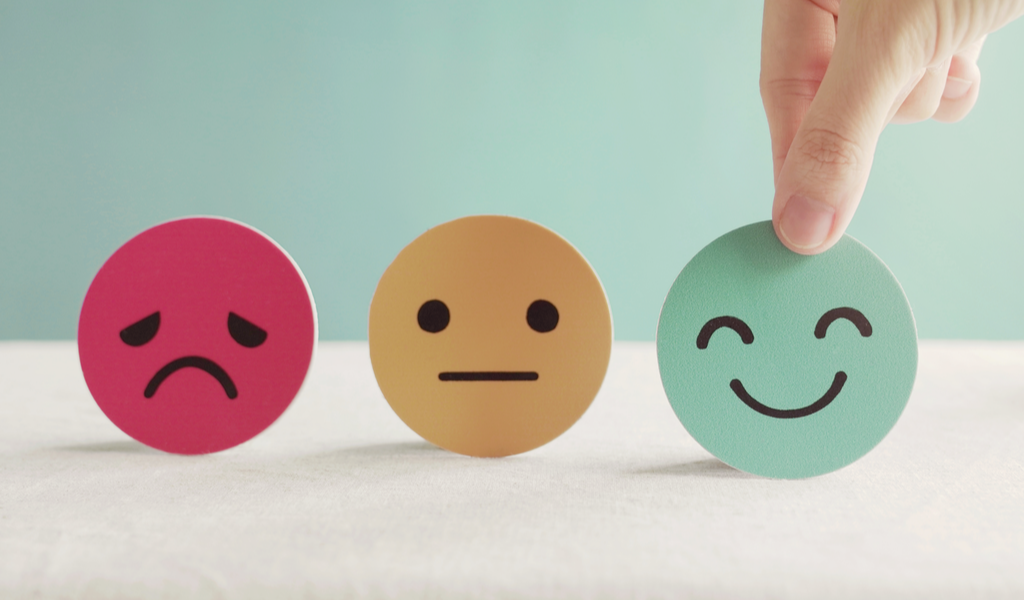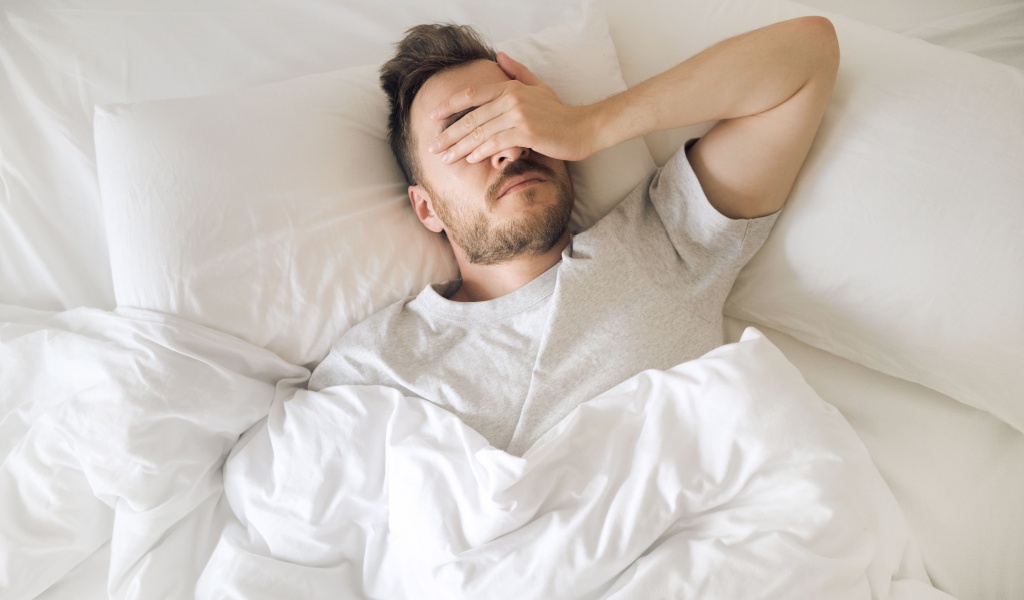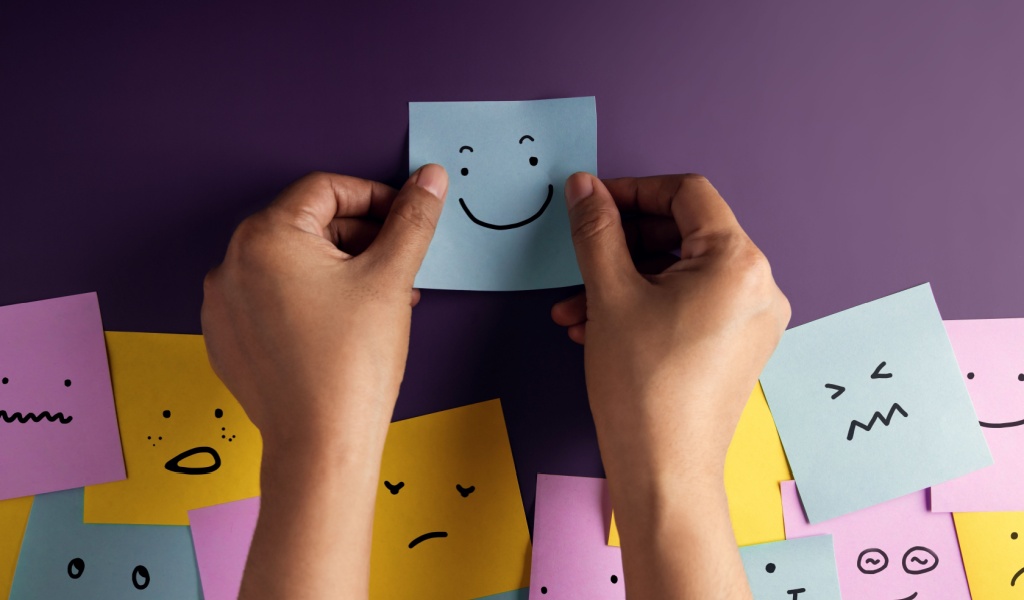When you have poor or no health insurance, it can be easy to push aside mental health care for more “important” issues. However, as we are beginning to understand, mental health plays a huge role in the overall health of the mind and body. Skipping or ignoring treatment that you know you need could lead to more severe issues in the future.
To avoid such a circumstance doesn’t mean you have to end up in debt over medical bills either. There are several places that offer free or cheap mental health services such as counseling and therapy – you just need to know what the right places to look are!
Here are 8 free or low-cost places to get mental health services when you have no or poor health insurance.

Training Clinics
Just like all other health care practitioners, mental health professionals also need to practice working with the public before they can become clinical or counseling psychologists. Therefore, universities set up training clinics usually located near or on campus where graduate students conduct therapy sessions.
If you’re worried about the quality of these sessions, you’ll be relieved to note that they are supervised by a licensed psychologist so you have nothing to worry about. The best part about training clinics is that they typically charge on a sliding scale (which can be as low as $0, if that’s the way your scale slides)!
You can find the nearest training clinic by simply running a Google search for “psychology training clinic” along with the name of your city. The Association of Psychology Training Clinics also has a list of member clinics that you can browse.
Community Mental Health Centers
Community centers often offer a variety of services at low charges or even free of cost, and many have included mental health services in them as well. You can find a center through the Department of Human Services at your state’s government website.
There are private nonprofit organizations that also provide such services. Local YMCA s typically offer cheap/sliding scale behavior and family services for kids and adults.
Support Groups
You may not get the complete privacy or personalized care that comes with private sessions, but support groups are a great way to find low-cost therapy. Plus, you get to meet people who are going through similar problems, which helps put things into perspective and build a support network that knows and sympathizes with your issues.
You can find free community support groups through organizations such as Depression and Bipolar Support Alliance (DBSA), the Anxiety and Depression Association of America (ADAA), Alcoholics Anonymous (AA), and Narcotics Anonymous (NA). They hold in-person and online sessions as well!
If there is a certain therapist that you want to see but can’t afford private sessions (maybe because you lost your health insurance recently), ask them if they offer group sessions. These are typically low-costing and you may be able to afford them out of pocket.
Negotiate
Most people aren’t aware that they can negotiate their medical bills, but you can get them reduced by a lot!
When you receive your medical bill, you can call up your service provider and let them know you can’t afford it. Don’t hesitate to lowball it – you’ve got nothing to lose! It’s not a business negotiation that will leave a bad impression on you. Worst case scenario, they say no. But they may also be willing to cut your bill down (by half even), or at the very least, they can help you get on a payment plan where you can pay an amount that you can afford per month.
Remember to do this before the bill goes to collections to make sure to avoid a negative impact on your credit happening with late payments.
Consult a Doctor Online
You might wonder about the legitimacy of getting medical help online, but this is a great way to save a lot of money on healthcare. Online consultations, for mental and physical health-related issues, has become far more popular due to the Covid pandemic which forced most of us to stay at home, but it has been around long before that.
As for legitimacy, you can consult licensed healthcare professionals for the fraction of the price you would have to pay for a trip to the clinic. You can talk to a doctor who can recommend treatment or even prescribe medication through the online platform. If the problem isn’t diagnosable through online sessions, the doctor may ask to see you in person (in which case, most platforms refund the consultation charge). Sounds like a win-win to me!
There are several telehealth apps out there, but Teladoc is one of the most popular. You can even get therapy via text message through services like BetterHelp and Talkspace. These services cost about $40 to $60 per week – a steal compared to regular consultation charges!

Talk to Your Spiritual Community and Leaders
If you are a part of practicing religion, you may be able to find the help you need within the community. Does your local church, mosque, or temple hold support groups or retreats where you can get individual or group counseling? It’s worth an ask because lots of them do!
If you’re apprehensive about being open about your struggles within a small community, it’s worth remembering that others who come to the same group therapy are also struggling, just like you are.
Use Services at Your School or College
Most educational institutions offer in-house counseling sessions that are free of charge. The tuition and fees you pay subsidize these services so you might as well take advantage of them!
Colleges and universities have healthcare services available for students and faculty, and children enrolled in a K-12 school can consult with their school’s counselor as well. When money is tight, it’s best to lean on whatever options are available to you.
Use the Internet
The internet is a sea of useful resources, you just need to which fishing pole to use. To be extremely clear, self-diagnosing a problem will not replace professional diagnosis and treatment. But when you cannot afford to get a professional assessment and you already know what you are dealing with, going through legitimate websites could help answer some questions you may have.
For instance, if you suffer from anxiety, you can find reliable resources at websites of:
Association for Behavioral and Cognitive Therapies
Anxiety and Depression Association of America
International OCD Foundation
Apart from this, you can also find forums and groups in places like Reddit or Facebook which can help you connect with others who understand and are going through the same situation. Keep in mind that any advice you get from a stranger on the internet is to be taken with a grain of salt. You should only seek support and never a diagnosis. Still, it’s nice to feel like you’re among people who know what you’re talking about.
If you prefer to talk to someone directly, you can call the NAMI Helpline (National Alliance on Mental Illness). While the helpline itself doesn’t offer to counsel, they can help answer questions about symptoms, go through treatment options, and connect you with local programs that offer low-cost or free services.



